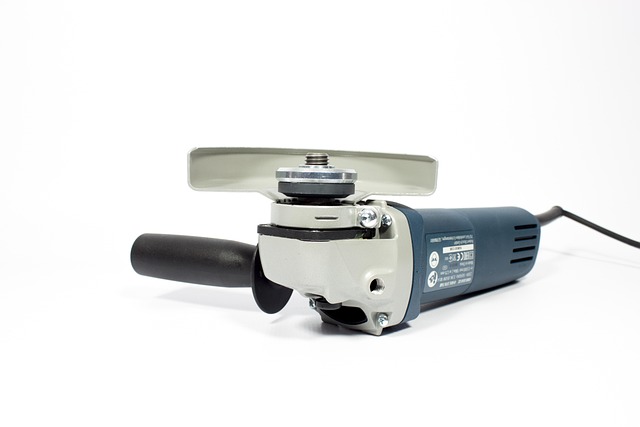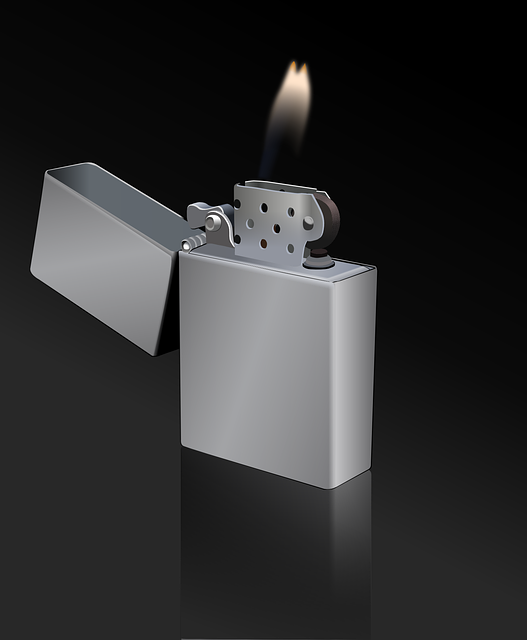A Customer Satisfaction Guarantee (CSG) is a powerful tool for auto body repair businesses to enhance brand reputation and foster customer loyalty by protecting client investments. Clear communication of CSG policies through various channels builds trust. Regularly reviewing and updating guarantees keeps up with evolving expectations. Measuring success using metrics like Net Promoter Score (NPS) and claim resolution time allows for service improvements, staying ahead in the market.
In today’s competitive market, a robust Customer Satisfaction Guarantee (CSG) is a powerful tool to enhance brand reputation. This article explores how CSGs can transform customer experiences, foster trust, and drive loyalty. We’ll delve into strategies for implementing and effectively communicating your guarantee, while measuring success and iterating for continuous improvement. Discover how a well-crafted CSG can position your brand as a leader committed to customer satisfaction and positive reputation.
- Understanding Customer Satisfaction Guarantee's Power
- Implementing and Communicating the Guarantee Effectively
- Measuring Success and Iterating for Better Reputation
Understanding Customer Satisfaction Guarantee's Power
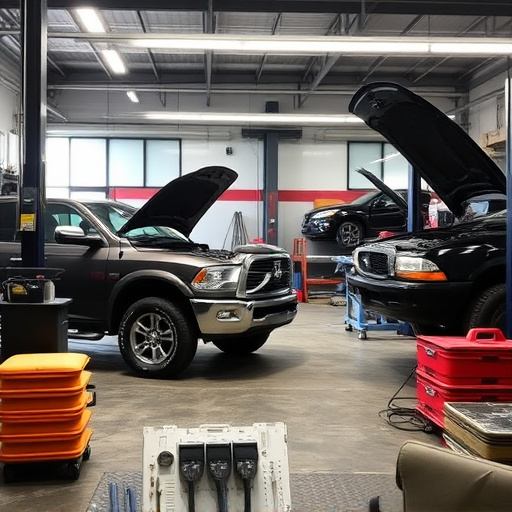
In today’s competitive market, a customer satisfaction guarantee (CSG) is not just a policy; it’s a powerful tool to elevate brand reputation and foster customer loyalty. A CSG demonstrates a company’s commitment to ensuring client happiness and satisfaction with their products or services. When clients know their investment is protected, it instills trust and confidence in the brand, setting it apart from competitors who may offer similar goods or collision repair services.
For businesses providing auto body repair or fender repair services, a CSG can be a game-changer. By guaranteeing customer satisfaction, these companies assure clients that any issues or concerns will be promptly addressed. This not only enhances the overall customer experience but also acts as a powerful marketing tool, encouraging satisfied clients to share their positive encounters with others. As a result, the brand’s reputation grows, solidifying its position in the market and attracting new customers through word-of-mouth recommendations.
Implementing and Communicating the Guarantee Effectively
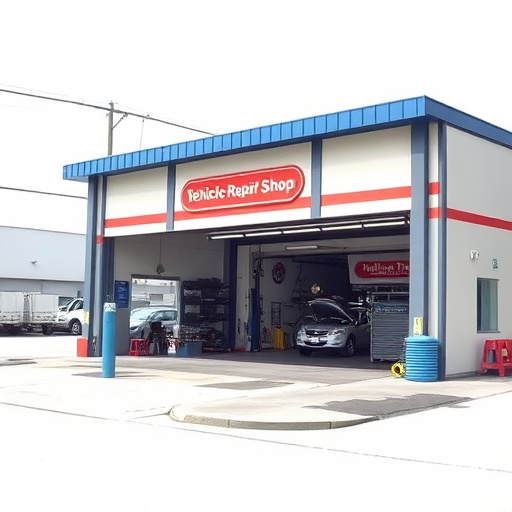
Implementing a customer satisfaction guarantee (CSG) is just the first step; effective communication is key to its success. Brands should clearly articulate their CSG policy, making it easily accessible and understandable for all customers. This could be done through comprehensive website content, promotional materials, or even in-store displays, ensuring every client knows what they are entitled to and how to access these benefits. For instance, an auto maintenance shop can emphasize its CSG by providing a written guarantee for parts and labor, detailing the process of claiming it, and highlighting any specific services covered, such as car dent removal.
A well-executed communication strategy will empower customers to take advantage of the CSG, fostering trust and confidence in your brand. It should also serve as an opportunity to differentiate your business from competitors by showcasing your commitment to customer satisfaction. Regularly reviewing and updating the guarantee policy is essential to keep up with evolving customer expectations, especially in sectors like automotive repair services, where new technologies and trends emerge constantly.
Measuring Success and Iterating for Better Reputation
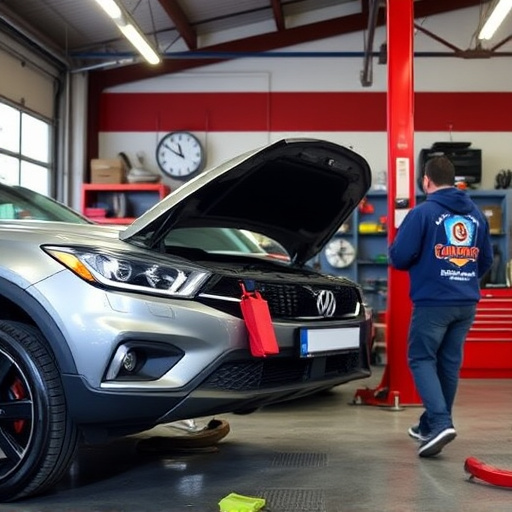
Measuring success is a crucial step in any strategy, and customer satisfaction guarantee (CSG) programs are no exception. By setting clear metrics to evaluate customer feedback, a brand can accurately gauge the impact of its CSG initiatives. These metrics might include Net Promoter Score (NPS), which measures loyalty by asking customers how likely they are to recommend the brand to others. Higher scores indicate a stronger reputation and satisfied clientele. Additionally, tracking the number of claims resolved within an agreed timeframe demonstrates effective customer service.
Iterative improvement is key to maintaining and enhancing a positive brand reputation. Analyzing feedback from CSG programs can uncover areas for enhancement in services offered, such as fleet repair services or specialized car repair shops that cater to specific needs like frame straightening. By addressing these insights proactively, businesses ensure they stay ahead of the curve, continuously improving their offerings and solidifying their position in the market.
The customer satisfaction guarantee (CSG) is a powerful tool for building and enhancing brand reputation. By understanding its potential, implementing clear communication strategies, and consistently measuring success, businesses can create a positive feedback loop that fosters loyalty and trust among their clientele. Iterative improvements based on customer feedback ensure the CSG remains relevant and effective in today’s competitive market, ultimately solidifying the brand’s standing as a reliable and reputable entity.


